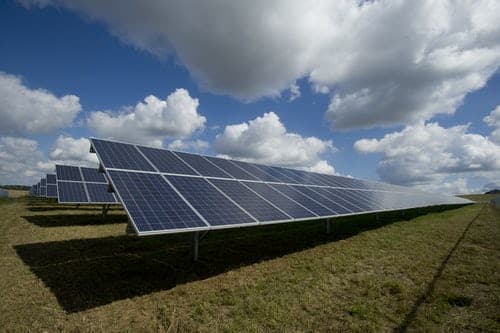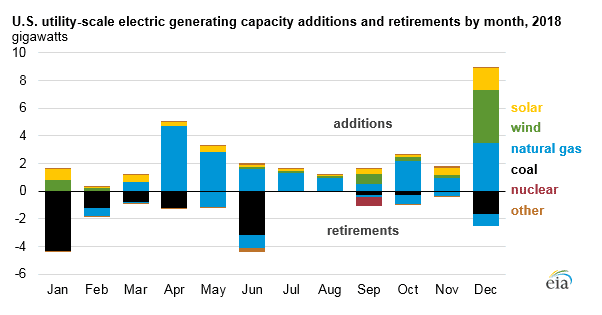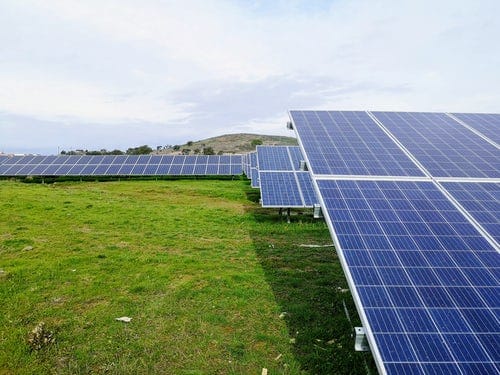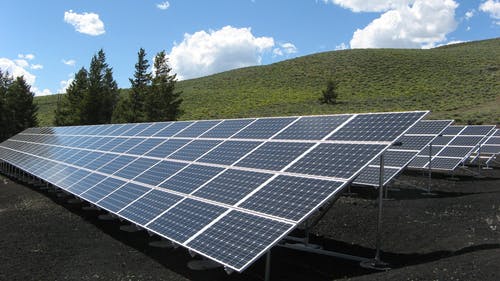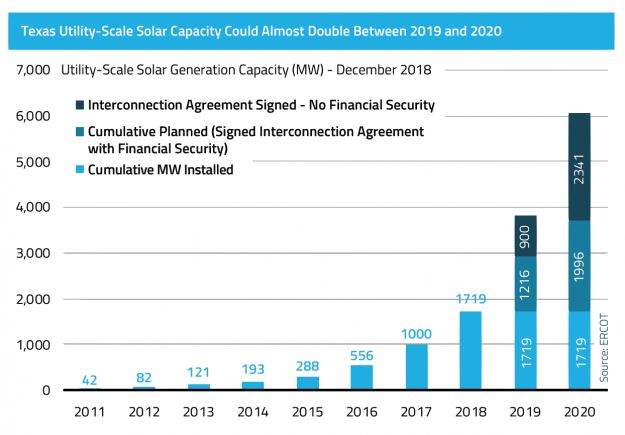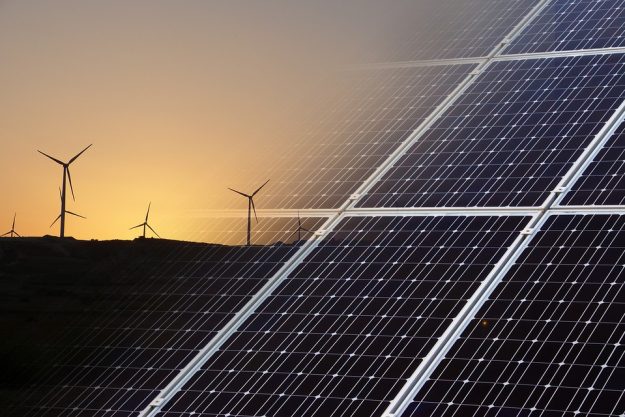Virginia Enacts Law Establishing Solar Rebates for Low Income Households
Democratic Governor Ralph Northam signed legislation on March 18 creating a pilot program to disburse loans or rebates for solar installations in households whose income is at or below 80 percent of the state or regional median income. (HB 2741) Residents applying for the program are required to document the installation of energy efficiency services…...
